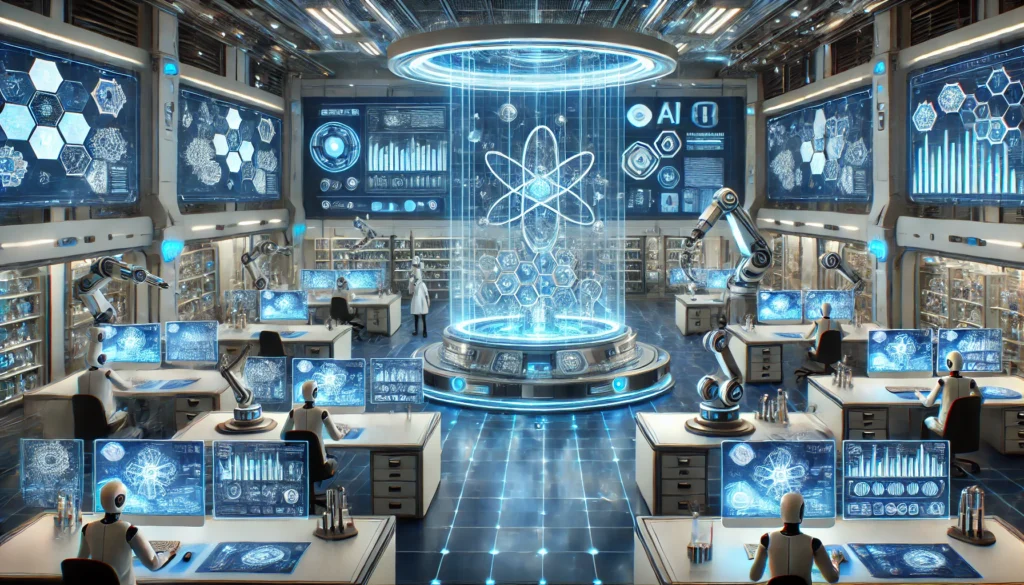Google’s AI Co-Scientist: Revolutionizing Research and Scientific Discovery
What is Google’s AI Co-Scientist?
Google has unveiled a groundbreaking artificial intelligence tool known as the AI Co-Scientist—a powerful AI assistant designed to aid researchers in solving complex scientific challenges. This AI-powered system goes beyond traditional machine learning models by actively generating hypotheses, analyzing vast scientific data, and offering insights that could accelerate discoveries in fields such as medicine, physics, and material science.
How AI is Transforming Scientific Research
AI has already been integrated into various scientific fields, assisting with tasks such as data analysis, image recognition, and predictive modeling. However, Google’s AI Co-Scientist is designed to take this a step further by:
- Reading and synthesizing scientific papers faster than humans.
- Suggesting new research directions based on existing data.
- Predicting outcomes using advanced reasoning capabilities.
Key Features of Google’s AI Co-Scientist
This AI system is built to function like a research collaborator, not just a tool. Some of its most impressive features include:
- Automated Literature Review: The AI scans thousands of scientific papers in minutes to find relevant insights.
- Hypothesis Generation: It suggests potential research questions based on existing knowledge.
- Experimental Design Assistance: Researchers can use the AI to simulate and optimize experiments before conducting them in real life.
- Cross-Disciplinary Knowledge Application: It helps bridge gaps between different scientific fields by identifying overlapping research areas.
Real-World Applications: AI in Action
Google’s AI Co-Scientist is already being tested by leading institutions such as Stanford University and Imperial College London. Early results suggest that the AI can accelerate drug discovery, identify new materials for sustainable energy, and even predict potential climate change mitigation strategies.
For instance, in biomedical research, the AI has helped suggest potential treatments for liver fibrosis, a condition with limited treatment options. By analyzing molecular interactions and simulating drug effects, the AI proposed new combinations that researchers are now exploring further.
The Future of AI in Research
With AI-driven tools like Google’s Co-Scientist, the future of scientific discovery is poised for unprecedented acceleration. However, AI is not meant to replace human researchers—rather, it is designed to enhance collaboration and efficiency. Ethical considerations, such as bias in data and transparency in AI decision-making, will remain crucial as this technology evolves.
Final Thoughts
Google’s AI Co-Scientist represents a paradigm shift in how research is conducted. By leveraging AI’s speed and analytical capabilities, scientists can focus more on innovation and critical thinking, rather than spending countless hours sorting through data.
🚀 What are your thoughts on AI in research? Will AI-powered tools like this redefine the future of scientific discovery? Drop your comments below!

